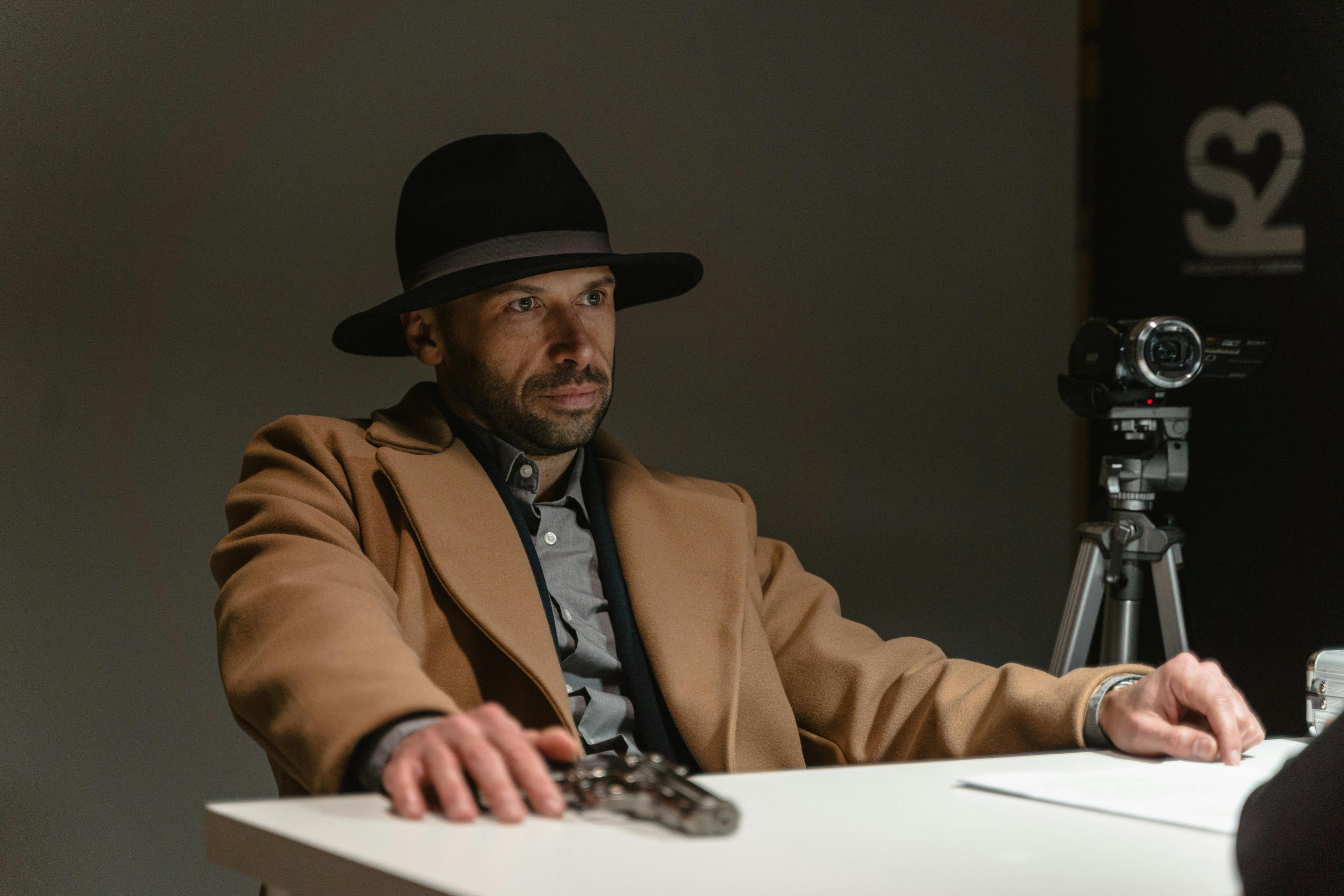Title: Navigating the Ethical Dilemmas of Public Education: Should Families Advocate or Invest Elsewhere?
As families consider their options within the public education system, an important ethical question arises: Is it more just and equitable for parents to work with public schools to secure a quality and appropriate education for their children, or to allocate personal resources toward private solutions?
This issue becomes especially relevant when mainstream educational settings do not adequately meet a child’s specific needs. For many parents, advocating—sometimes through legal channels—to ensure their child receives the education they deserve can provoke complex ethical considerations. On one hand, the allocation of public funds toward a single child’s educational needs might be viewed as diverting resources from other students. Additionally, families with greater financial means may opt to “lawyer up,” raising questions about fairness and the broader impact on public resource distribution.
Conversely, such advocacy efforts—particularly those involving legal action—can serve systemic improvement. When families use their resources to push schools toward better support and accommodations, it has the potential to uplift the entire educational system. This can be especially true when those efforts lead to reforms that benefit students with special needs or those facing unique challenges, ultimately strengthening public education for all.
Public education has long been a core value in our society. Many believe that if a child’s needs can be met within the public school framework, families should strive to make that work. The health of public education hinges on broad participation, including those who choose to invest their advocacy and resources to improve the system from within.
However, it’s crucial to remember that each child’s well-being is paramount. Children are not merely embodiments of parental ideals; they are human beings with individual needs. In cases where public schools may struggle to accommodate certain conditions—such as specific learning differences or disabilities—parents must prioritize their child’s best interests. This might mean exploring specialized resources, therapies, or alternative solutions outside the traditional classroom.
As parents and educators reflect on these issues, it’s important to consider that the ethical path may involve a balance: advocating actively for reform and support within public systems while recognizing when outside resources are necessary to ensure a child’s well-being and development.
Ultimately, the decision on whether to challenge the system or seek private alternatives is personal and complex. What remains steadfast is the commitment to placing the child’s needs and dignity at the forefront, fostering a more equitable and compassionate approach to education for all children.
